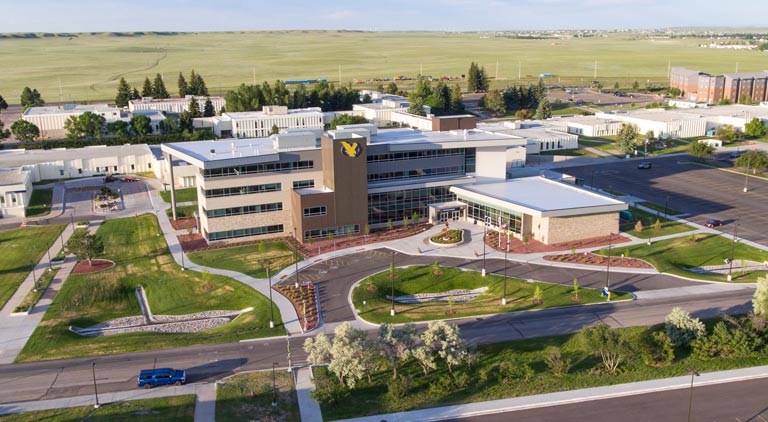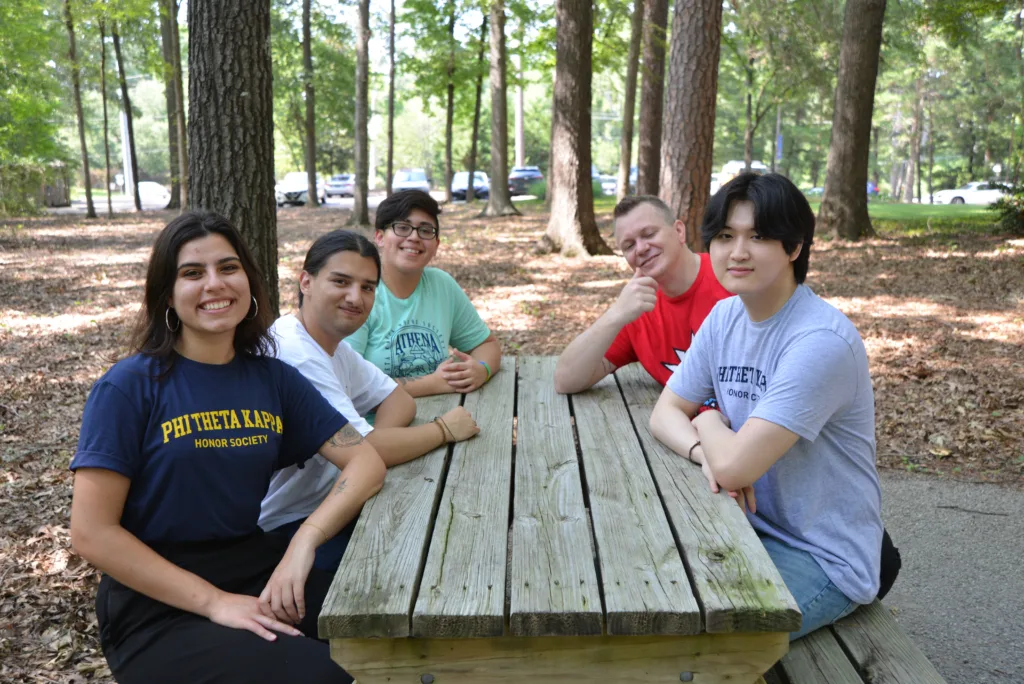Curious about Community Colleges? Top 6 FAQs Answered

When researching community colleges, prospective students should consider schools that align with their budget, scheduling, preferred learning method, and future goals. Sounds overwhelming, right?! It’s actually simpler than you think.
Below, you will find the answers to six frequently asked questions about community college.
1. What are the general admission requirements for community college?
Many community colleges have an open admissions process and accept applications year-round. The primary requirement is a high school transcript, documentation of graduating high school, or a general education development (GED) diploma. However, a more competitive selective admissions process may apply for high-demand programs.
Although admissions processes vary, most community colleges waive standardized testing prerequisites like the ACT or SATs, college essays, letters of recommendation, and strict grade point average (GPA) standards. It’s important to note that even though the admissions process is a lot easier than a four-year university’s, you will still get a high-quality education.
Generally, students applying to community college also need to provide a Free Application for Federal Student Aid (FAFSA) application, college application, proof of health insurance, residency, and required vaccination records.
Once accepted, applicants must complete student orientation, register for classes, and pay for their courses.
2. What are the advantages of attending a community college?
The benefits of attending community college include:
- Ability to explore interests — Every student is different. What may work for someone else might not work for you, and that’s okay. Community colleges offer you the chance to study at your own speed. This can be helpful if you need more time to work through a degree due to family or work obligations, or even if you just need more time to decide if college is the best decision for your future.
- Affordability — Community college tuition is typically a fraction of the cost of four-year universities. Recent research from the American Association of Community Colleges (AACC) found that the average cost of annual tuition and fees for community college students was $3,770, while the average price for those enrolled at a four-year college was $10,560 (2021).
- A smaller, supportive environment — Community colleges provide approachable and available professors, smaller teacher-to-student ratios, and personalized feedback.
- Enhanced employability — Community colleges habitually have strong ties to local employers from in-demand industries.
- Flexible class schedules — Community colleges offer a lot of flexibility with class schedules, with day, evening, and even weekend courses. Community colleges also offer on-campus, online, hybrid, part-time, and full-time selections. Flexible program options are perfect for students with caregiving duties, full-time jobs, and additional responsibilities.
- Higher earning potential — Community college graduates have the potential to make more money over the course of their lifetime (more on this below).
- Opportunity to improve transcript — Community college is an excellent option for students to boost their grade point average, build a competitive transfer portfolio, and invest in extracurricular activities before transferring to a four-year university.
- Transfer credits — As long as articulation agreements and granting admission transfers are active, community college credits are guaranteed to transfer to partnering four-year colleges or universities under conditions such as students taking particular classes and maintaining a certain GPA.
3. What is the job outlook for a community college graduate?
A U.S. Bureau of Labor Statistics analysis noted that “employment in associate and postsecondary non-degree-level occupations are projected to grow 11% from 2016 to 2026 — faster than the 7% average” (Torpey, 2018).
According to research from the AACC, high school graduates working full-time have a median earning of $38,792, while those with their associate degree have a median earning of $46,124 (2021).
4. How does community college differ from a four-year college or university?
The academic standards for community colleges are on par with four-year schools. Most degrees from community colleges take several months to two years to complete.
Community colleges primarily focus on providing professional training, certificate, and associate degrees. You might not see a competitive sports team in your community college or campus dorms, because community colleges serve the residents of the community where the college is located.
Four-year colleges and universities offer various degrees — from postsecondary undergraduate to graduate and doctoral degrees. Campus and classroom sizes are also usually much larger at four-year schools. Many students can live on campus in four-year institutions, and study abroad opportunities are readily available (although you can also find those in community colleges)
5. What types of degrees are offered at a community college?
Community colleges provide a two-year curriculum with the ability to earn a career certificate or an associate degree. Community colleges offer professional skills training for specific fields.
Also known as junior colleges, the institutions consistently create new programs for workforce needs, especially in science, technology, engineering, and mathematics (STEM) fields.
6. What is the difference between a certificate and an associate degree?
A certificate documents the completion of studying the job-related skills necessary for one particular field, such as welding or dental assisting. Certificates can take months to years to complete.
An associate degree typically takes two years to complete full time. The four associate degrees are:
- Associate of Arts (AA),
- Associate of Science (AS),
- Associate of Applied Arts (AAA), and
- Associate of Applied Science (AAS).
Students studying “applied” degrees prepare for a particular vocational career, while learners of the Associate of Arts (AA) and Associate of Science (AS) ultimately plan to earn their bachelor’s degree.
Related Articles
How Community College Gave Me a Second Chance
5 Things to Do Now to Make Your Transfer from Community College a Success






